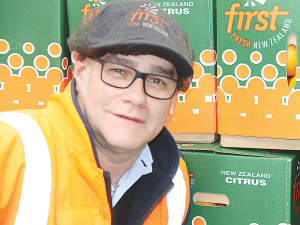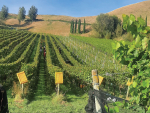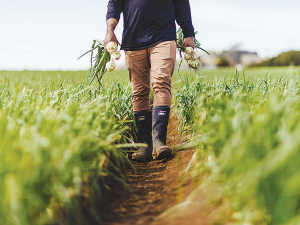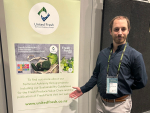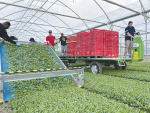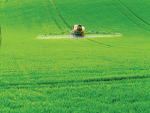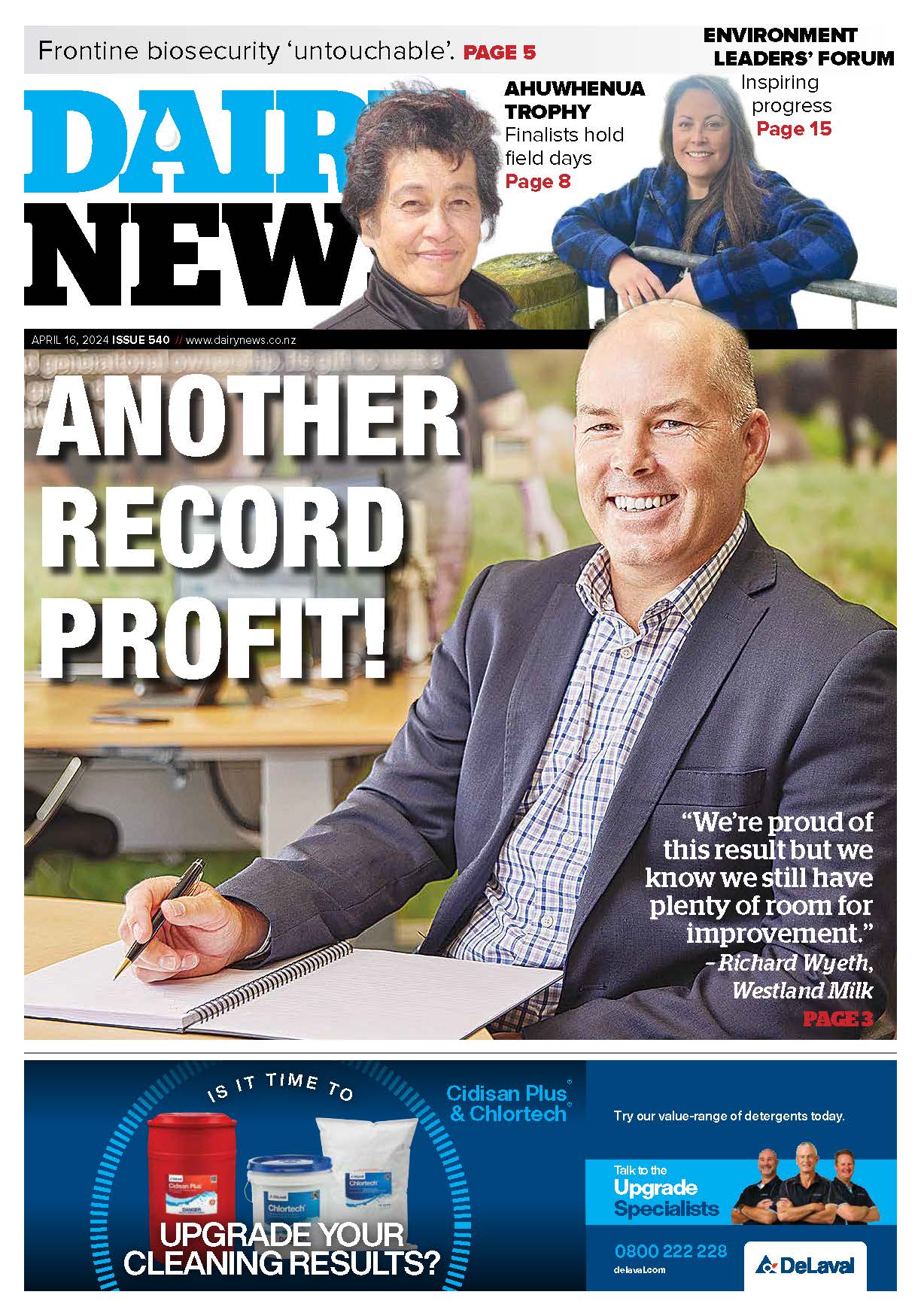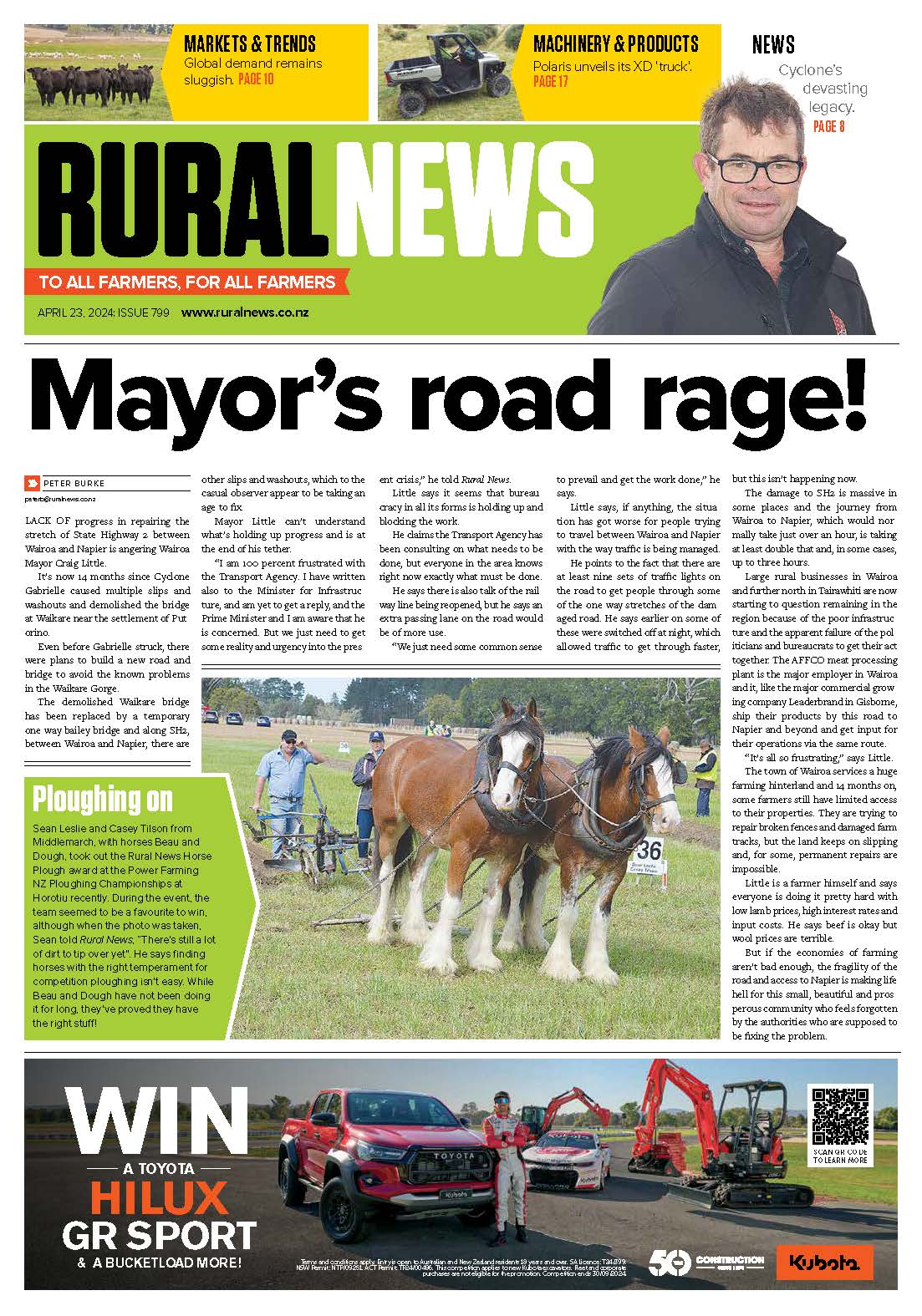The origins of this company are to say the least a little unconventional.
It was founded by Bill Thorpe. During the late 1980s, the logic of expanding his horticultural growing and packing activity into the marketing of Gisborne fruit and produce became obvious and Thorpe established First Fresh in 1989.
Today, this company works with approximately 150 local horticulture clients. It is now headed by managing director Ian Albers, who has spent a lifetime in the sector and taken the business to new levels. He describes First Fresh as a procurement and marketing company - hence the tree-to-trolley concept.
A big focus for First Fresh is on citrus: mandarins, oranges, lemons, limes, tangelos and grapefruit.
This past season has not been an easy one, with almost constant rain. Albers can't think of too many weeks when it hasn't rained and this has caused huge challenges for citrus growers - as it has for other commercial growers and orchardists on the East Coast. However, despite the rain Albers says the quality of the fruit has been good.
"Because it's been warm and wet and the winter has been very mild, what we are seeing in navel oranges and mandarins is that there are quite low levels of acid and good levels of sugar - so the overall flavour profile has been very good," he told Hort News.
That's good for consumers because Albers says citrus is a popular fruit and supermarkets want it on their shelves throughout the year. The oranges and mandarins are popular eating fruit, while the lemons and limes fill a need as vital supplements and ingredients in drinks and cooking.
As mentioned above, there are a number of small semi-lifestyle citrus orchards in and around Gisborne and that in itself offers challenges, of which getting the labour to pick the fruit is one. There are few RSE workers employed in the region, as there are not many large operations that can hire large numbers of people so - by and large - it's had to rely on locals and backpackers.
"No one has escaped the labour issue, but it has affected the smaller grower more," Albers adds.
With the new season coming, he is confident that things will improve but admits the isolation of Gisborne makes it a 'destination' in the minds of many.
"Hopefully we'll see backpackers come into the country and they do tend to come here during the summer months," he told Hort News. "A lot of backpackers come here for the surf and they have formed a good chunk of the labour force in years gone by.
"The other thing that works in our favour is that there is good horticulture work during the autumn and winter with persimmons, citrus grapes, kiwifruit and apples - all of which need pruning - so we are a good drawcard for that winter business."
Albers believes the challenges is trying to provide 12-months work, which will be attractive to people and good for growers.
This, he says, would give the region a consistent and quality labour force.
Orange Despatch
A big part of the work undertaken by Ian Albers and his team at First Fresh is making sure that their client growers get all the right advice and help they need to produce quality fruit for both the export and domestic market.
There is a three person crop monitoring team who are out in the field all the time, checking growers’ fruit and trees on a daily basis for pests and disease. They also provide growers with recommendations on how to deal with any issues that arise.
The company also has a technical manager responsible for new product development new orchard management and development. Finally, there is a compliance manager who – among other things – looks after the NZGAP (good agricultural practice), which is quality assurance and certification programme that growers sign up to.
“We run an NZGAP group scheme [that] our growers belong to and that saves them money but also runs them under our umbrella and that’s been really successful,” Albers explains.
So, in essence, the company provides on-the-ground support for its client growers and then it packs and markets the products – both for the domestic and international market. Citrus and persimmons are the main two crops they handle.
About 30% of the product the company handles is exported and the rest is sold on the domestic market. The main crops exported are lemons and persimmons and these are sold throughout Asia – places such as Singapore, Thailand, Vietnam, Japan, Korea, USA, Australia and the Philippines. The quantity sold to each market varies according to market access and the importing country phytosanitary regulations arrangements.
Albers says the sector is looking to develop new citrus varieties with Citrus NZ, the peak industry body, heavily involved in this. He adds that the other main avenue for new variety development has been commercial operators who have brought in new varieties and own the IP.
We at First Fresh have exclusive rights to a new seedless lemon, so we have got trees in the ground now and we’ll have small commercial crop next year,” he told Hort News. “We see that as bit of game changer – especially for export.”
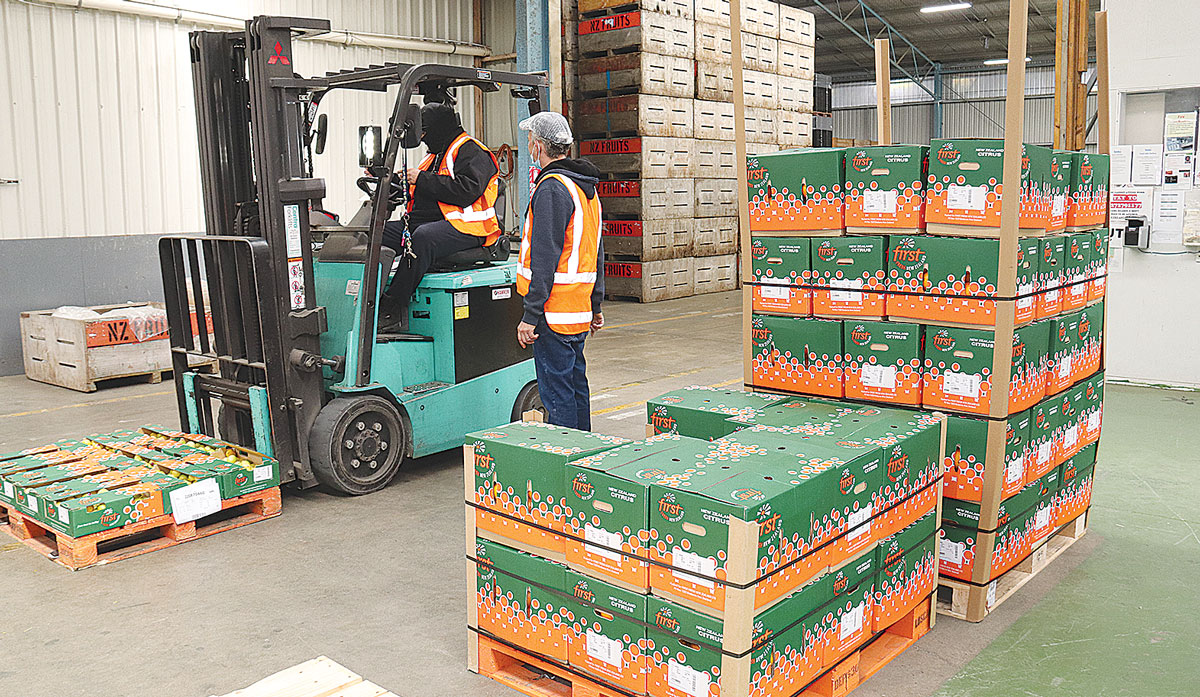 |
|---|
|
A major part of First Fresh's work is ensuring their client growers get all the right advice and help they need to produce quality fruit for both the export and domestic market. |
Automation and technology are seen as the future for the hort sector in general – especially given the labour shortages, which seem set to continue into the future. Albers doesn’t believe there are too many immediate options for automation in the harvesting area. However, he believes there are certainly possibilities in the post-harvest area for grading, which would make a difference.
“I see the most opportunity around crop estimation and volume and what crops are out there also using the likes of drones to see into trees and gain more valuable data,” he says.
In the meantime, Albers and the First Fresh team in Gisborne will continue working with their grower clients to produce another good harvest of some of NZ’s much loved popular fruit.




